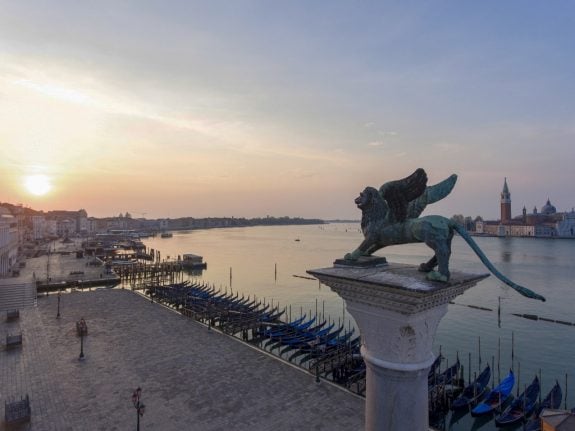
- What you need to know about the return of Italy's summer concerts
- Here's all the Italian culture you can enjoy at home for free
- Bergamo and Brescia named joint Italian capitals of culture for 2023
The Venice Film Festival will go ahead in September, and the 2020 edition will have a focus on homegrown talent with Italian cinema featuring strongly among its usual eclectic offering of international films.


Member comments